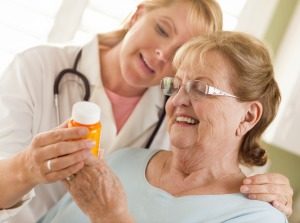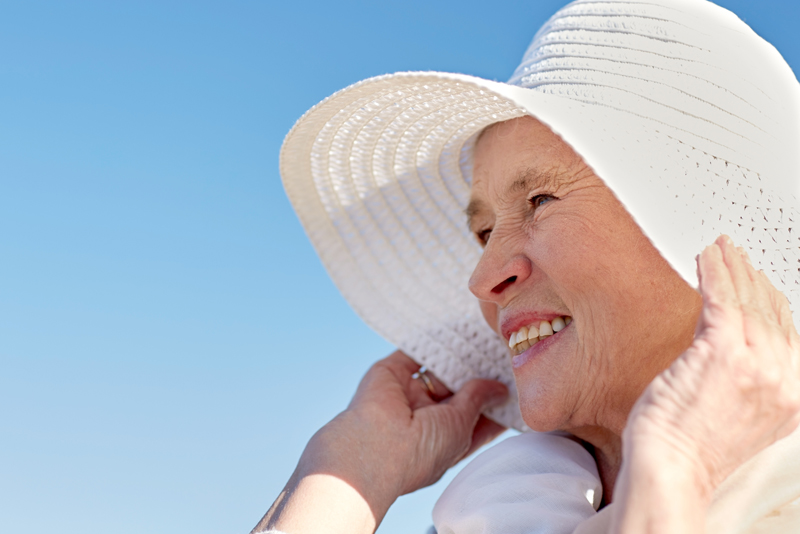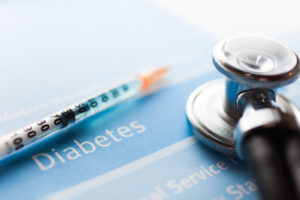Heatstroke Prevention for Elderly Loved Ones

Symptoms and Treatments for Dry Mouth in the Elderly
July 3, 2017
Protect Yourself During the Hot Summer Months
July 12, 2017Seniors can really benefit from time outdoors at picnics, family reunions and community events but there’s always the risk of them developing heatstroke. Heat exhaustion and heatstroke are serious medical conditions that can be dangerous and even fatal to the elderly. Because an elderly person’s body is not able to adapt to extreme temperature changes as quickly as it once did, hot temperatures can create life-threatening health risks in no time at all.
The good news is that there are all kinds of precautions that seniors themselves, family members and caregivers can take to prevent heatstroke from ever happening. By planning ahead and staying alert to any signs of heat exhaustion, family caregivers can keep their aging loved one safe from health problems and still let them enjoy the outdoors during the summer months.
What is Heatstroke?
When a person’s body heats up to 104 degrees or more and cannot thermoregulate, they are suffering from a heatstroke. The body is designed to adjust to changing temperatures, but in cases of extreme heat and cold, it simply cannot adjust as well. According to the Centers for Disease Control and Prevention, more people die of heatstroke each year than all other weather events combined. Seniors over the age of 65 are particularly vulnerable in hot weather to developing heatstroke. They should always be carefully monitored when outside or in a vehicle during the summer months.
Symptoms of heatstroke include dizziness, headaches, nausea, muscle cramps, red dry skin that is hot to the touch, disorientation, seizures and unconsciousness. Many of these symptoms can mimic other age-related health issues so family caregivers need to be on the lookout so their aging loved one can stay cool and safe on even the hottest days.
How to Prevent Heatstroke in the Elderly
Preventing heatstroke in the elderly really starts before the ever go outside. Family caregivers and home care assistants should make sure that the elderly person is wearing loose, lightweight clothing that doesn’t constrict around the neck or chest. Seniors should also drink plenty of water before going outside so they are properly hydrated. Taking a water bottle along ensures that they will continue to drink water throughout the day.
If family caregivers know that the outdoor venue may not have shade, they should plan to bring some of their own, such as a sun umbrella or canopy. Seniors should not be seated in direct sunlight as their bodies can heat up too quickly, and their skin easily sunburns. Finally, elderly love ones should do what they can to keep cool while outside, like misting their skin with water, fanning themselves and so forth.
When it comes to taking care of an elderly loved one, family caregivers need to make sure that family members and home care assistants do everything they can to ensure that they will not be in a position to suffer with heat stroke. As one of the most preventable weather-related health issue, heatstroke is dangerous for any person. With seniors, they are already at a disadvantage to both getting a heatstroke and experiencing lasting problems from them.



